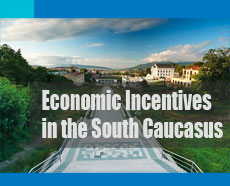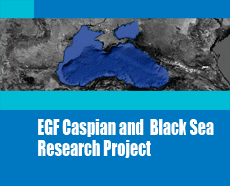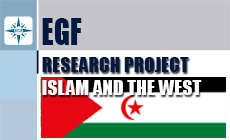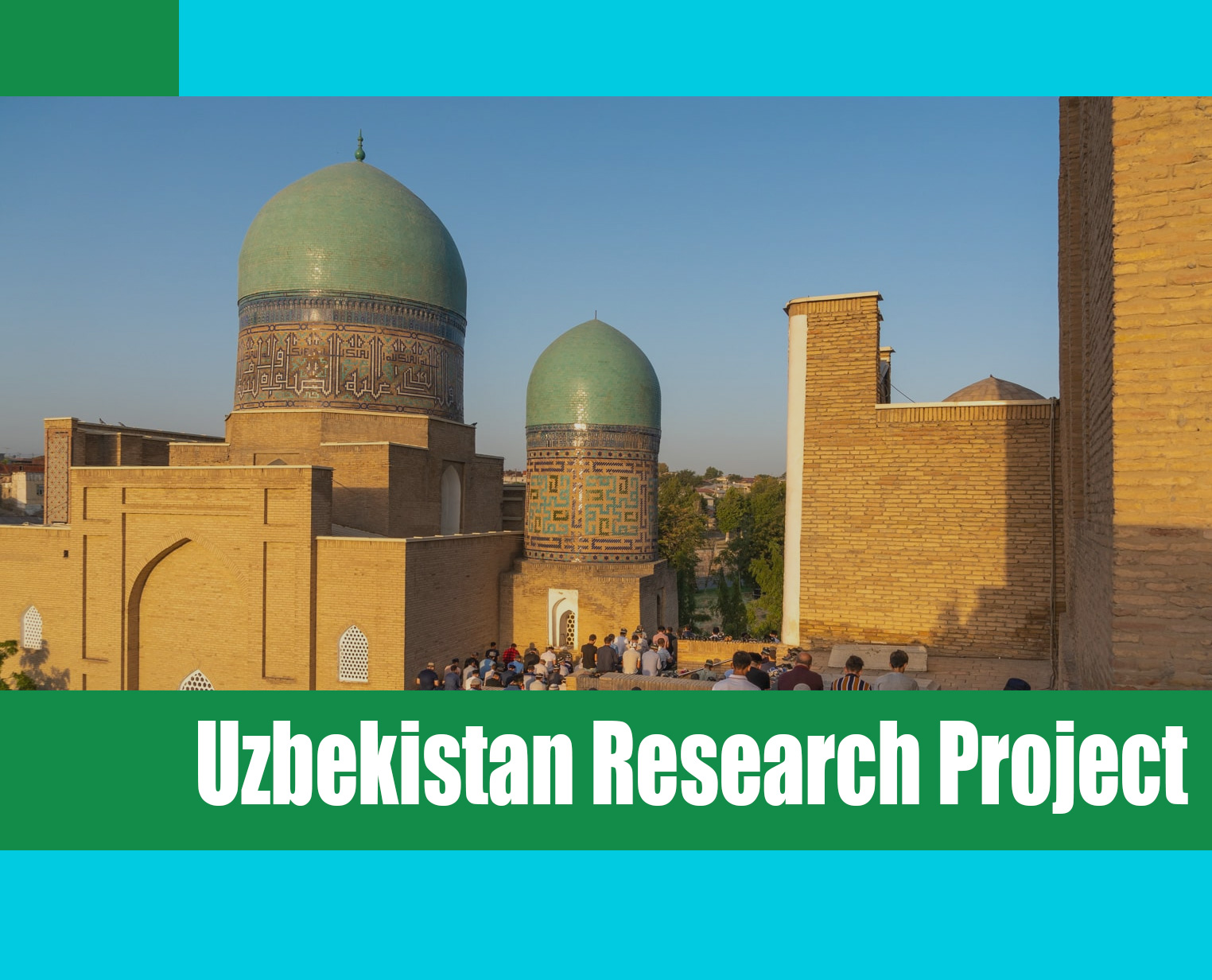
From the EGF Head of Research:
 The best ways for New Europe to mitigate the consequences of the current crisis in European affairs would entail following on the US-lead in negotiations with Russia over the war in Ukraine and opening up to discuss a new European security deal. The alternative to doing so might lead into nothing less than a major war with Russia over Eastern Europe. READ MORE
The best ways for New Europe to mitigate the consequences of the current crisis in European affairs would entail following on the US-lead in negotiations with Russia over the war in Ukraine and opening up to discuss a new European security deal. The alternative to doing so might lead into nothing less than a major war with Russia over Eastern Europe. READ MORE

In an exclusive interview with EU Today, Dr Marat Terterov, Founder and Director of the Brussels Energy Club, and Co-founder of the European Geopolitical Forum, outlined the key economic and geopolitical implications of the current crisis and warned against further escalation or any attempt at externally imposed regime change in Iran. According to Dr Terterov, oil prices spiked by approximately 7 percent in the immediate aftermath of the strikes—an early signal of market anxiety. Although prices have since moderated, he emphasised that this stabilisation is largely based on “bets on a ceasefire” and a broad assumption that the situation would not worsen. “Most experts believe Iran lacks the military muscle to sustain an open conflict with the United States or Israel,” he said. While Tehran has voiced outrage over the strikes—carried out during ongoing nuclear negotiations—Dr Terterov cautioned against underestimating the strategic calculus behind Iran’s actions.
READ MORE
- Wednesday, 9 July 2025, 18:40
 By Vasif HUSEYNOV, PhD, Head of Department, AIR Center, Adjunct Lecturer, ADA and Khazar Universities, Baku
By Vasif HUSEYNOV, PhD, Head of Department, AIR Center, Adjunct Lecturer, ADA and Khazar Universities, Baku
On June 27, Russian special forces conducted a violent raid in Ekaterinburg targeting ethnic Azerbaijanis. This sparked a significant escalation in tensions between Baku and Moscow, further straining an already fragile bilateral relationship. The operation, which focused on a group of Azerbaijanis suspected of murder in the early 2000s, resulted in the extrajudicial killing of two brothers, Ziyaddin and Huseyn Safarov, and injuries to several others, with nine individuals detained. According to Azerbaijani media, the raid involved brutal tactics, including beatings, electric shocks, and degrading treatment, prompting a fierce reaction from Baku. Azerbaijan’s Foreign Ministry issued a strong response, demanding a prompt investigation and prosecution of those responsible, and the country’s Prosecutor General launched a criminal case accusing Russian police of torturing and deliberately killing the brothers. Azerbaijani authorities and media have framed the incident as a deliberate act of ethnic violence, with the Prosecutor General’s office alleging that the brothers died from “post-traumatic shock” after severe beating”. READ MORE
- Wednesday, 9 July 2025, 18:39
 By Shanthie Mariet D’Souza, PhD, founder & president, Mantraya Institute for Strategic Studies (MISS)
By Shanthie Mariet D’Souza, PhD, founder & president, Mantraya Institute for Strategic Studies (MISS)
A stronger EU-India partnership on technology transfer, climate finance, green transition, and sustainability can help bridge the North-South divide.
Among the host of commitments that found their way into the Leaders’ Statement during the visit of European Commission President Ursula von der Leyen to India in February 2025 was the need for greater cooperation across a number of areas pertaining to climate change. Indian Prime Minister Narendra Modi and von der Leyen also reaffirmed their commitment to promote “a free, open, peaceful and prosperous Indo-Pacific,” in the wake of the European Union joining the Indo-Pacific Oceans Initiative (IPOI) in 2023. Within the IPOI, an Indian initiative, climate change has been a significant area of focus. While the EU and India are working to address the challenges in their bilateral relations, including finalizing a much-delayed free trade agreement, climate cooperation in the Indo-Pacific can become a defining strategic initiative between the two. The prevailing heat waves in Europe and Indian cities, and its implications for livelihoods, economies, and conflict, make such cooperation even more necessary. READ MORE
- Wednesday, 9 July 2025, 18:38
 By Fuad Shahbazov, Baku-based independent regional security and defence analyst
By Fuad Shahbazov, Baku-based independent regional security and defence analyst
Kazakhstan has recently been making steps to improve its defence capabilities. In April 2025, the Kazakh Ministry of Defence confirmed that a legislative framework was established to regulate the Defence Industry Development Fund, which was created in December 2023. The new defence fund aims to acquire and manufacture domestically crucial military hardware, such as artillery ammunition, weapons systems, and combat modules. For this purpose, the Kazakh government plans to allocate approximately $265 million from the state budget. Earlier, on March 3, Kazakh Defence Minister Ruslan Zhaksylykov announced the establishment of a new defence industry centre at the only tank repair plant in Central Asia in the Eastern city of Semey. Zhaksylykov proclaimed that the new hub aims to strengthen “Kazakhstan’s self-sufficiency in defence production” through “expanding the ability to both maintain and manufacture crucial military technologies locally”. As the regional order in Eurasia shifts amid Russia’s war against Ukraine, Kazakhstan is opting to rely on its armed forces, domestic military resources, and international security partnership formats to counter any potential threat. READ MORE
- Wednesday, 9 July 2025, 18:37
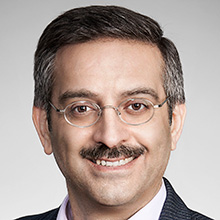 By Elkhan NURIYEV, PhD, Senior Fellow at the Alexander von Humboldt Foundation in Berlin
By Elkhan NURIYEV, PhD, Senior Fellow at the Alexander von Humboldt Foundation in Berlin
As the war in Ukraine drags on for yet another year, a hard truth is becoming even harder to ignore: Military victory may no longer be a realistic objective for Kyiv — no matter how many billions the West sends, or how many Russian soldiers die. This isn’t a popular outlook in Washington or Brussels, where the assumption persists that enough aid and resolve will eventually break Moscow. But despite Ukraine’s extraordinary resilience and the West’s deep pockets, that outcome is looking increasingly unlikely. Rather, the war is hardening into a grinding stalemate — one that threatens to exhaust Ukraine, fracture Western unity and empower the very regime it was meant to weaken. The question Western policymakers must now confront is not whether Ukraine deserves support, but whether the current strategy is helping it win, or simply helping it survive long enough to lose more slowly. READ MORE
- Thursday, 3 July 2025, 10:12
 By Yeghia TASHJIAN, Beirut-based regional analyst and researcher, columnist, "The Armenian Weekly”
By Yeghia TASHJIAN, Beirut-based regional analyst and researcher, columnist, "The Armenian Weekly”
On June 13, Israeli Prime Minister Benjamin Netanyahu announced the launch of Operation Rising Lion, aimed at striking Iran’s nuclear facilities and missile capabilities. On the first day of the conflict, Israel targeted Iranian nuclear scientists, Iranian Revolutionary Guard Corps (IRGC) officials and later, energy infrastructure and residential areas. In response, Iran launched Operation True Promise-3, sending a missile barrage targeting key infrastructure in Israeli cities, mainly Tel Aviv and Haifa. It is worth mentioning that the Israeli operation took place just two days before the American and Iranian sides planned to hold their sixth round of nuclear talks. By striking first, Israel has blocked the door to diplomacy and now hopes to drag the United States into another regional war, as if the horrors of the 2003 Iraq invasion haven’t disappeared from the Middle East’s collective memory. READ MORE
- Wednesday, 25 June 2025, 07:39
 By Benyamin POGHOSYAN, PhD, Senior Research Fellow at the APRI Armenia
By Benyamin POGHOSYAN, PhD, Senior Research Fellow at the APRI Armenia
Profound shifts in the geopolitical dynamics of the South Caucasus, driven by the Second Nagorno-Karabakh War and the onset of the Russia-Ukraine War, have shaped the Armenian government’s pursuit of foreign policy diversification. This report analyses key developments in and around Armenian foreign policy from November 2020—the end of the Second Nagorno-Karabakh War—through March 2025. The 2020 Nagorno-Karabakh War, the onset of the Russia-Ukraine War in 2022, and Azerbaijan’s military takeover of Nagorno-Karabakh in 2023 disrupted the regional status quo. In light of the repeated incursions by Azerbaijan and in the absence of a tangible response from Russia and the Collective Security Treaty Organization, the Armenian government intensified its foreign policy diversification efforts. It sought to deepen diplomatic and military cooperation with new and existing partners, notably India, France, the EU, and the US, while opening multiple embassies worldwide.
READ MORE
- Saturday, 14 June 2025, 07:38
- The Daily BriefJuly 9, 2025
- Stratfor 2018 Second-Quarter ForecastMarch 11, 2018
- Stratfor 2018 Annual ForecastDecember 26, 2017






